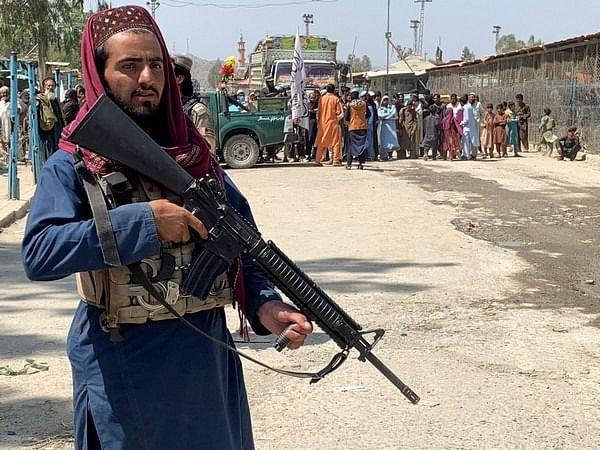
Afghanistan: Taliban Execute, ‘Disappear’ Alleged Militants
The Taliban security forces have briefly executed and forcibly disappeared the alleged members and supporters of the Islamic state in East Afghanistan, Human Rights Watch said today. Since the Taliban took over power in August 2021, residents of Nangahar and Kunar Provinces in the east of Kabul have found more than 100 bodies who were dumped in canals and other locations.
The Taliban troops have carried out a rough search operation, including the night raids, against their citizens accusing of protecting or supporting members of the Khorasan Province armed group (ISKP), Afghan affiliation from the Islamic State (ISIS). During this raid, the Taliban troops have defeated the residents and have arrested the people they accused of being members of the ISKP without legal proceedings or revealing their existence to their families. Unknown numbers have been briefly executed – shot, hung, or beheaded – or disappeared by force.
We are investigating a canal that is emptied in Nangarhar where more than 100 bodies have been discarded between August 2021 and April 2022,” said Patricia Gossman, Director of Associate Asia at Human Rights Watch. “The Taliban authorities seem to have given free strength to hold, ‘disappear,’ and kill alleged militants.”
Between October 2021 and June 2022, Human Rights Watch, works with local organizations that cannot be identified for security reasons, interviewing 63 people, including 42 directly in the Provinces of Nangarhar and Kunar, and 21 by telephone.
In November, a team from the two groups counted 54 male bodies, many in a state of advanced decomposition, along the stretch of canal which was emptied 15 to 20 kilometers. The bodies showed evidence of brutal torture and execution: some had lost body members, their necks, or had been beheaded or beheaded. Health workers in Nangarhar said that they had registered 118 bodies that had been found in all provinces between August and December.
A media report quoted a Taliban warrior who said, “We conduct a night raid and every time we find members of Daesh [ISIS], we only kill them.” The United Nations has reported that the Taliban operation against ISKP “is very dependent on the detention and extra-judicial murder.”
For several years the ISKP has carried out bombings, especially those targeting Hazara, Shia, and other religious minority communities, as well as against the Taliban and former government forces. The armed group emerged from the flow of violence of the Salafism minority, a movement that looked back to the earliest years of Islam for moral guidance.
Human Rights Watch had previously documented the Taliban troops quickly implementing or forcibly disappearing former Afghan government officials and security forces. Cases from East Afghanistan showed that the Taliban forces had conveyed such cruelty to those who accused the relationship with the ISKP, said Human Rights Watch.
International Humanitarian Law, or War Law, which applies to armed conflicts between the Taliban and ISKP, requires all parties to treat all people in humane detention. Arbitrary detention, summary execution, and other forms of persecution are prohibited, and those who are responsible for prosecution of war crimes. Also prohibited is an forced disappearance, which is defined by international law as a detention of anyone by the State forces or their agents followed by rejection to recognize the detention or existence of the person.
Allegations of ISKP members are detained because criminal violations must be immediately brought before judges, who are prosecuted appropriately, provide access to relatives and legal advisors, and are prosecuted in accordance with international fair trial standards.
Many ISKP cruelty does not justify the terrible response of the Taliban,” Gossman said. “The Taliban troops have repeatedly made a summary of execution and other war crimes against people in their detention and have not asked for responsibility.”



Average Rating